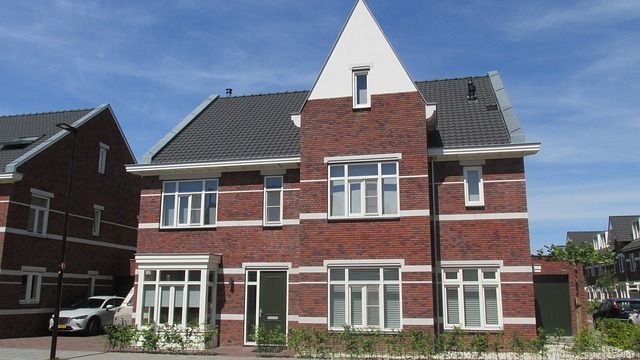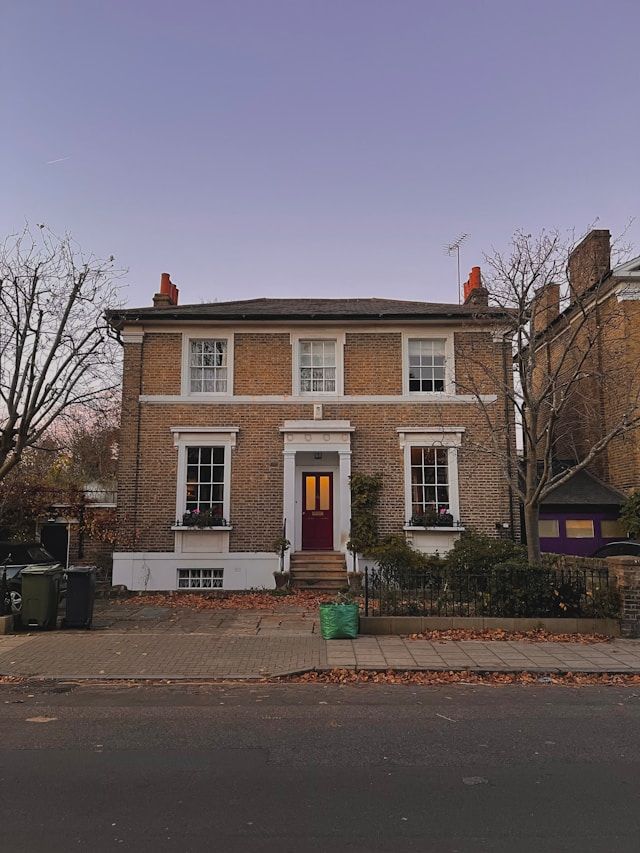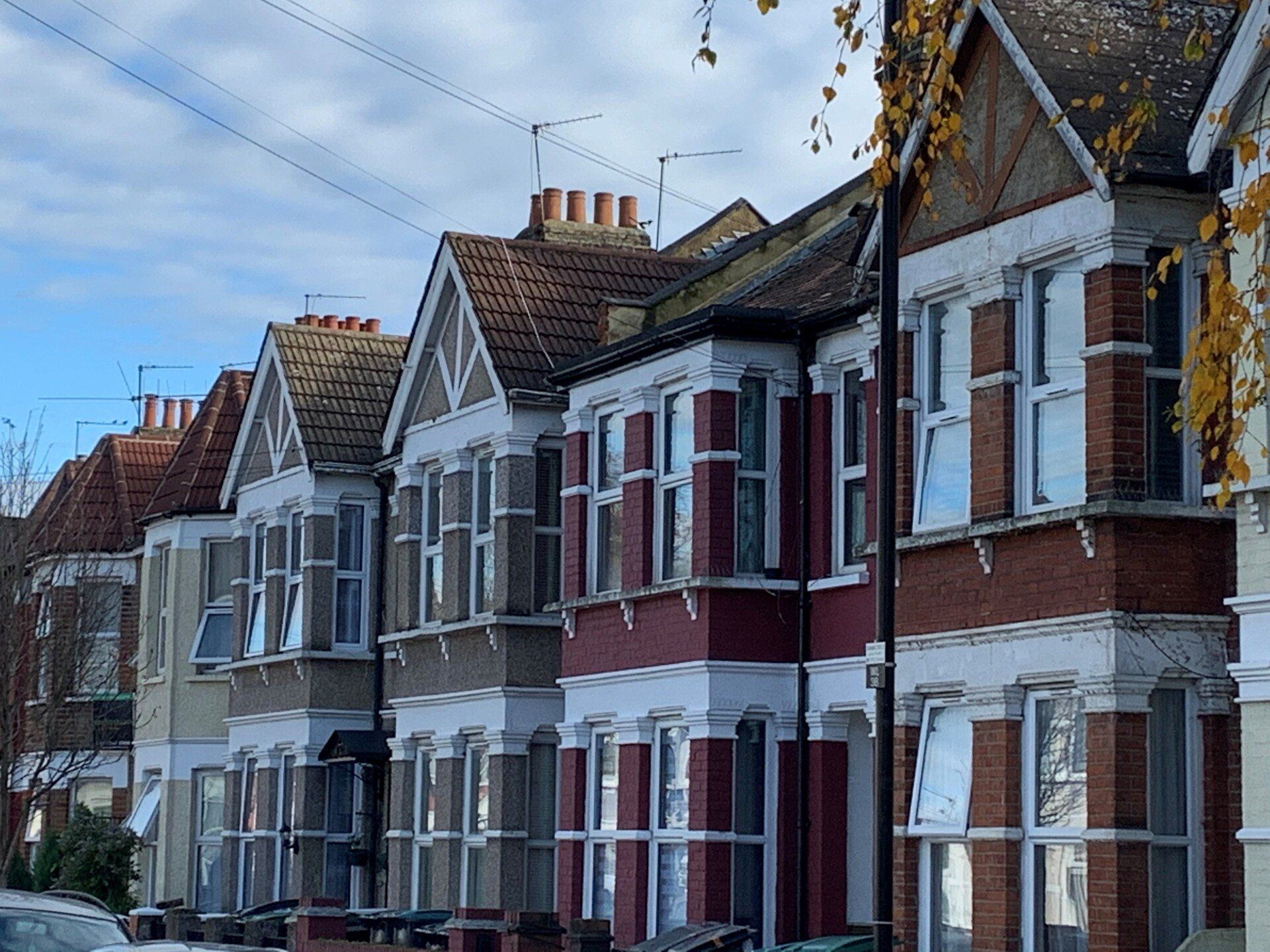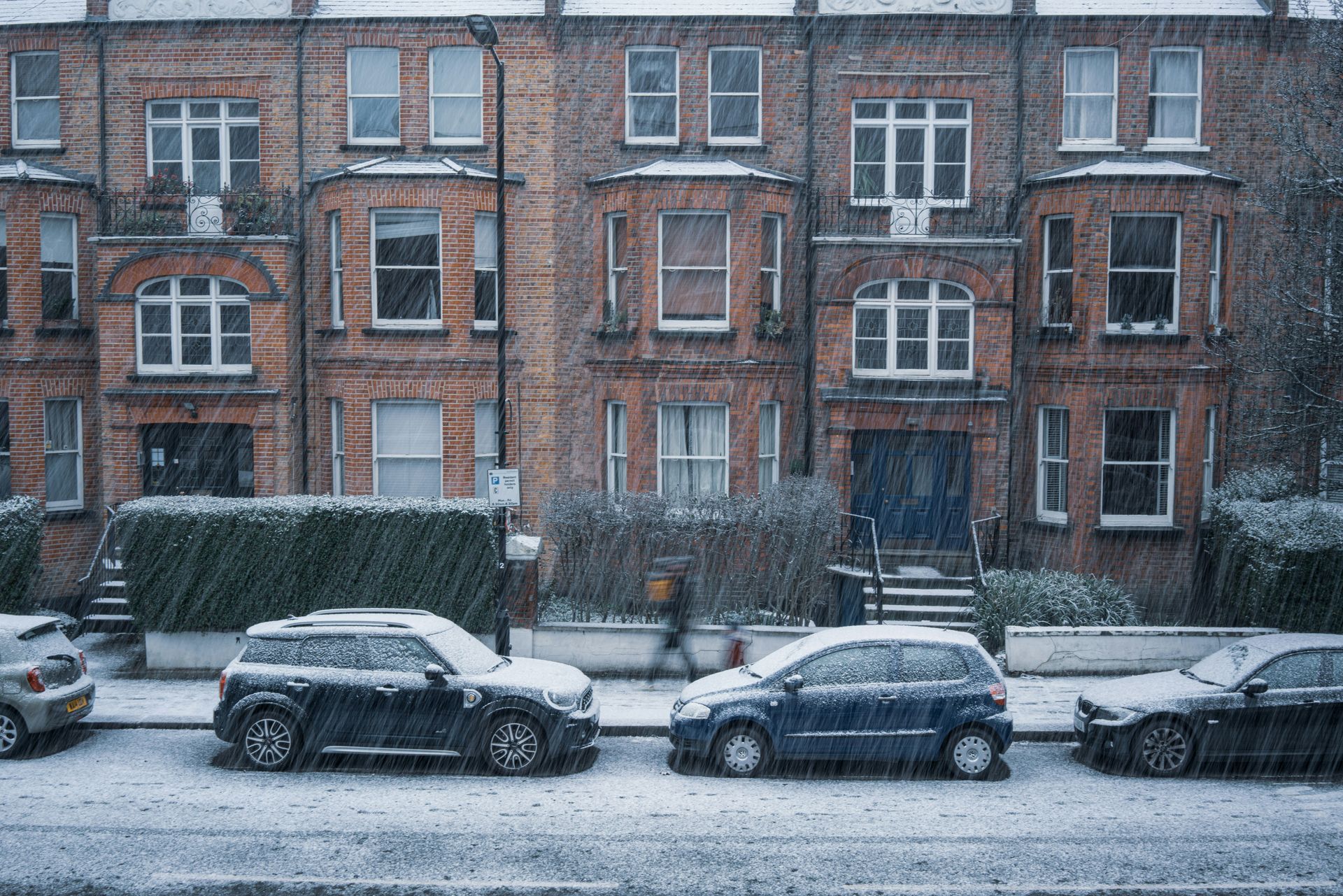Timescales for Party Wall Notices: What Homeowners Need to Know

When it comes to property renovations or construction projects, timelines are everything. Yet, many homeowners and developers underestimate one critical aspect that can impact their schedule significantly: the Party Wall Notice process.
If your project involves work on or near a party wall, boundary line, or shared structure, the Party Wall etc. Act 1996 requires you to serve a formal notice to your neighbours. However, the Act also outlines strict timescales and notice periods that can directly affect when your project can start and if delayed, could cost you weeks or even months.
In this blog, we’ll break down the key timescales associated with party wall notices, helping you stay informed, compliant, and on schedule.
1. Why Party Wall Notices Are Required
Before we dive into timelines, let’s recap the basics.
The Party Wall etc. Act 1996 is a UK law that regulates works affecting shared walls, boundary walls, and certain excavations near neighbouring structures. If your building work falls under this Act, you must serve notice to the adjoining owner(s), giving them a legal opportunity to consent or dissent.
Work that typically requires a notice includes:
- Building on the boundary line
- Structural work on a shared (party) wall
- Excavating within 3 or 6 metres of a neighbouring structure
Failure to serve the correct notice can lead to legal disputes, work delays, and enforcement actions, so understanding the timelines is crucial.
2. How Far in Advance Should You Serve a Party Wall Notice?
The timescale for serving notice depends on the type of work you're planning. The Act outlines three main types of notice, each with its own minimum notice period:
A. Line of Junction Notice (Section 1)
This is for new walls built at or astride the boundary line (but not yet shared with the neighbour).
- Minimum notice period: 1 month
- Must be served at least 1 month before the planned start date
B. Party Structure Notice (Section 3)
This applies when altering or repairing a shared wall, floor, or structure (e.g., cutting into a party wall for a beam, removing a chimney breast, or increasing wall height).
- Minimum notice period: 2 months
- Must be served at least 2 months before work starts
C. Notice of Adjacent Excavation (Section 6)
This covers excavations near a neighbouring property that could affect its foundations.
- Minimum notice period: 1 month
- Must be served at least 1 month before excavation begins
Important: These are minimum notice periods. It’s wise to allow more time, especially if you anticipate objections.
3. What Happens After the Notice Is Served?
Once a valid party wall notice is served, the adjoining owner has 14 calendar days to respond in writing.
There are three possible outcomes:
- Consent: If the neighbour consents in writing within 14 days, you can proceed though it’s advisable to still document the condition of their property with a Schedule of Condition.
- No response: If they don't reply within 14 days, a dispute is automatically deemed, and you’ll need to appoint a party wall surveyor (or two).
- Dissent: If the neighbour dissents (disagrees), a dispute arises, and a Party Wall Award must be agreed upon before work begins.
4. Dispute Resolution Timescale: How Long Does a Party Wall Award Take?
If a dispute arises, both parties must either:
- Appoint a single Agreed Surveyor, or
- Each appoint their own surveyor
These surveyors then produce a Party Wall Award, which lays out:
- What work is permitted
- How it will be carried out
- Access arrangements
- Working hours
- Protective measures
Time estimate:
- Simple awards: 2–4 weeks
- Complex disputes: 6–10 weeks or more
This is why it’s critical not to wait until the last minute to serve notice especially if your project is time-sensitive.
5. When Can You Legally Start Work?
Work may begin after the notice period ends, and:
- The neighbour consents in writing, or
- A Party Wall Award has been served
Even if the notice period (e.g., 2 months) expires, you cannot start work if the matter is still under dispute and no award has been made.
In short, completing the paperwork and dispute resolution is mandatory before work starts, regardless of the passage of time.
6. Can the Timescale Be Shortened?
Unfortunately, no.
The notice periods and legal steps are statutory requirements, meaning they are fixed under the Act and not negotiable even if both parties agree verbally.
However, you can speed up the process by:
- Serving notice early in your planning phase
- Talking to your neighbour informally beforehand to encourage written consent
- Agreeing to appoint a single surveyor to avoid delays
7. Other Time Considerations
Validity of Notices
A party wall notice remains valid for 12 months from the date of issue. So if plans are delayed, you don’t need to reissue unless the year has lapsed.
Appealing a Party Wall Award
If a neighbour wants to contest the award, they have 14 days from the date of service to appeal to the County Court.
This can cause further delays if legal action is pursued.
Timelines matter in construction, but when it comes to party wall matters, being proactive can save you legal headaches, strained neighbour relations, and costly delays.
Serving your notice early, communicating openly with neighbours, and working with experienced surveyors ensures you remain compliant while keeping your project on track.
If you're unsure about which notice to serve or when to start, it's always best to consult a qualified Party Wall Surveyor. They can guide you through the process, help prepare notices, and avoid unnecessary hold-ups.
For friendly professional advice, contact us or call now and speak with a specialist Party Wall Surveyor.










